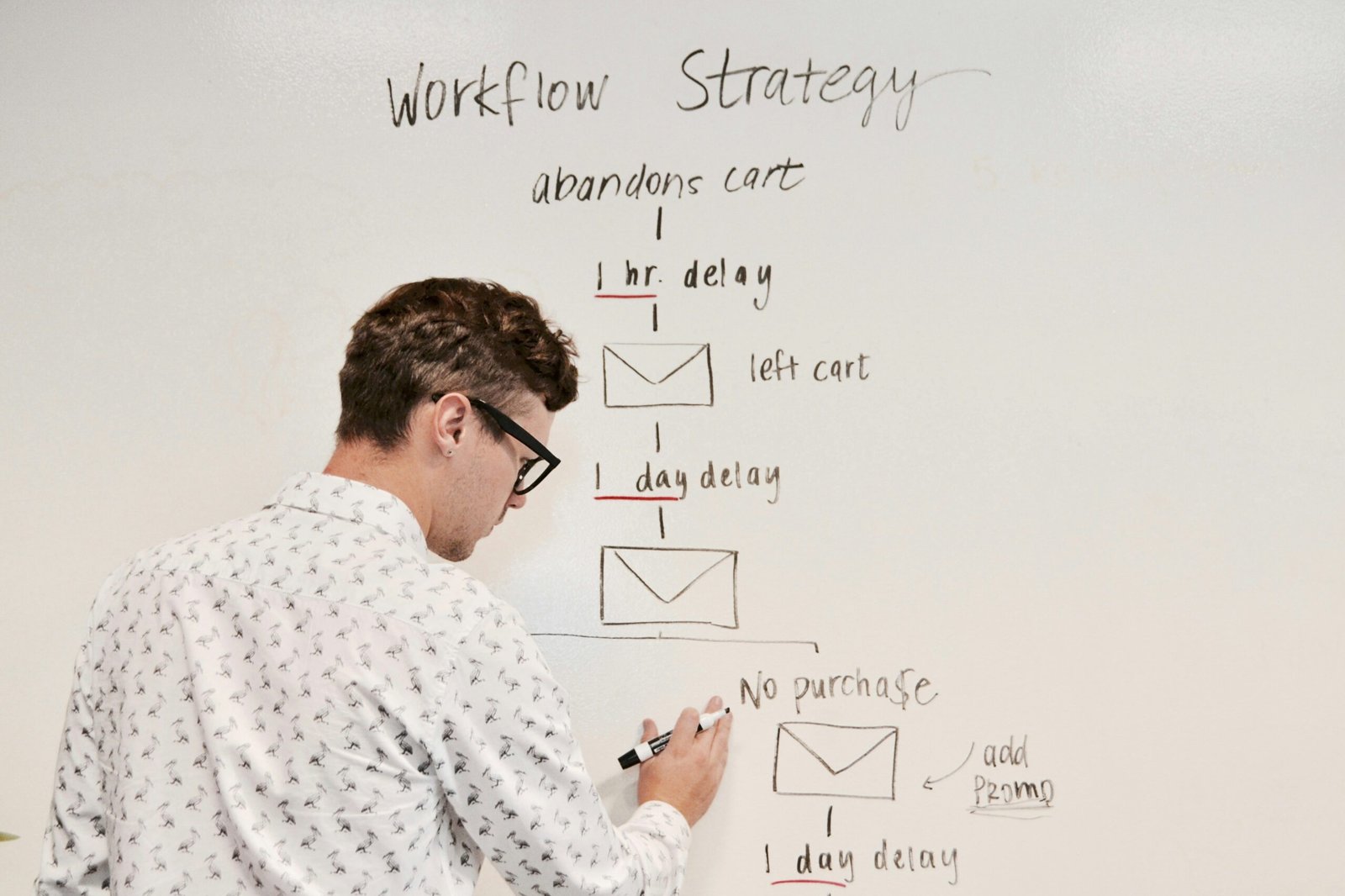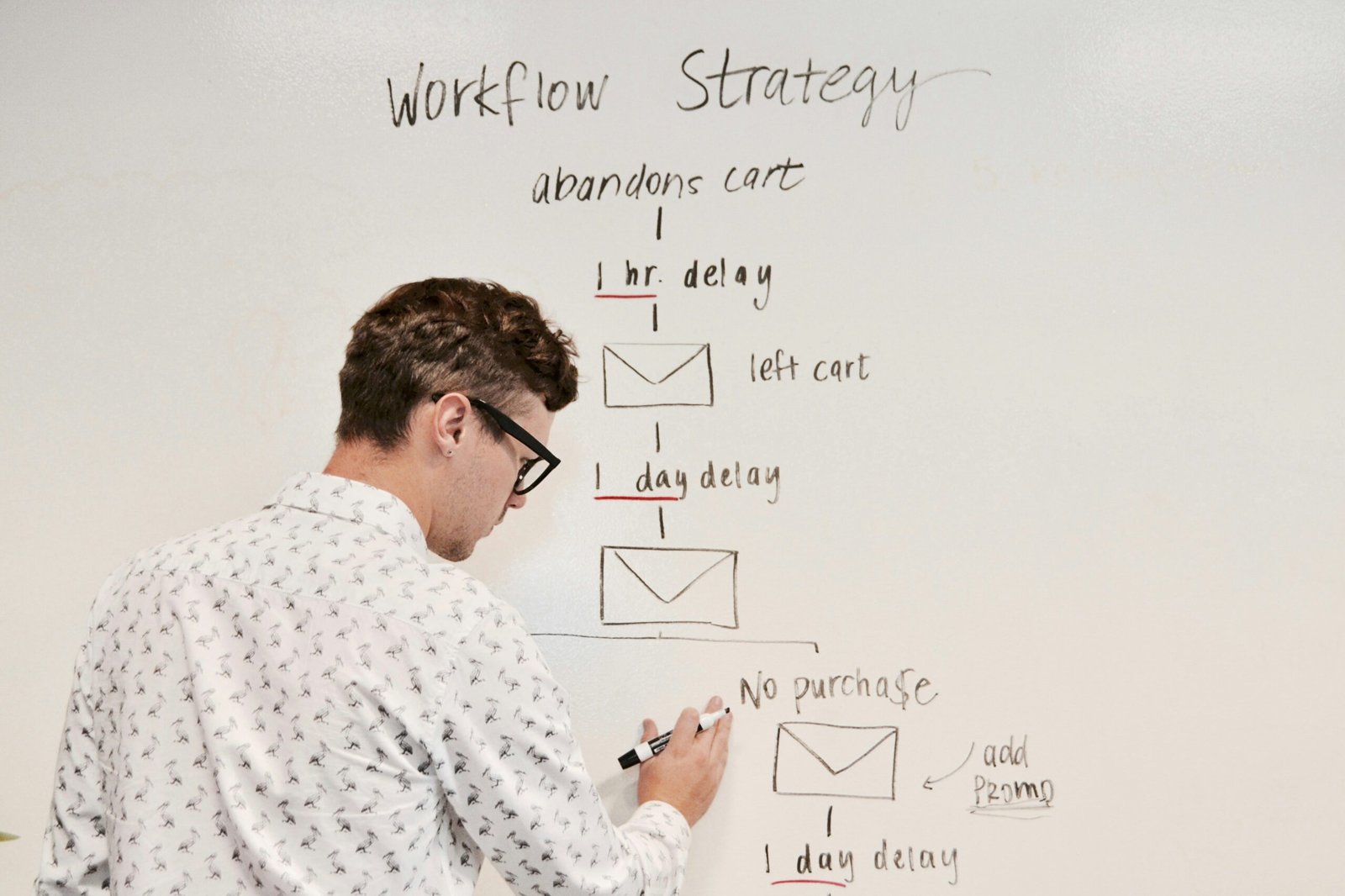7 Email Marketing Examples that Work in B2B E-commerce Business
In the world of B2B e-commerce, email marketing remains a powerful tool for reaching and engaging with potential customers. With the right strategies and compelling content, email campaigns can drive conversions, build brand loyalty, and ultimately boost sales. In this article, we will explore seven effective email marketing examples that work specifically in the B2B e-commerce industry, providing industry examples, insights, and actionable tips.
1. Welcome Email Series
A well-crafted welcome email series is an excellent way to make a positive first impression on new subscribers. This series can consist of multiple emails that introduce your brand, highlight key products or services, and provide valuable resources. By personalizing these emails and offering exclusive discounts or incentives, you can encourage new subscribers to make their first purchase.
2. Abandoned Cart Reminders
Abandoned carts are a common challenge in e-commerce. However, by sending timely and personalized email reminders to customers who have left items in their carts, you can effectively recover lost sales. These emails should include compelling subject lines, product images, and clear calls-to-action that entice customers to complete their purchase.
3. Upselling and Cross-selling
Email marketing provides an opportunity to upsell and cross-sell to existing customers. By analyzing their purchase history and preferences, you can send targeted emails that showcase complementary products or upgrades. For example, if a customer has recently purchased a software subscription, you can send an email highlighting advanced features or additional modules.
4. Personalized Recommendations
Personalization is key to successful email marketing. By leveraging customer data and behavior, you can send personalized product recommendations that align with each recipient’s interests and needs. These recommendations can be based on previous purchases, browsing history, or even demographic information. Personalized emails have been proven to significantly increase click-through rates and conversions.
5. Educational Content
In the B2B e-commerce industry, providing valuable educational content can help position your brand as a trusted authority. Sending email newsletters or digests that include industry insights, best practices, and helpful resources can engage your audience and keep them informed. By establishing yourself as a valuable resource, you can build trust and credibility, leading to increased customer loyalty.
6. Event Invitations and Webinars
Hosting webinars or participating in industry events provides an opportunity to connect with your target audience. By sending email invitations to these events, you can generate excitement and drive registrations. Additionally, after the event, you can follow up with attendees and provide them with relevant resources or exclusive offers. This not only helps nurture leads but also strengthens relationships with existing customers.
7. Customer Feedback and Surveys
Engaging with your customers and seeking their feedback is essential for improving your products and services. By sending email surveys or requesting feedback, you can gather valuable insights while also showing your customers that their opinion matters. This not only helps you make data-driven decisions but also fosters a sense of loyalty and engagement among your customer base.
In conclusion, email marketing plays a crucial role in the success of B2B e-commerce businesses. By implementing these seven email marketing examples, you can effectively engage with your target audience, drive conversions, and build long-lasting customer relationships. Remember to personalize your emails, provide valuable content, and continuously analyze and optimize your campaigns to maximize their impact.







